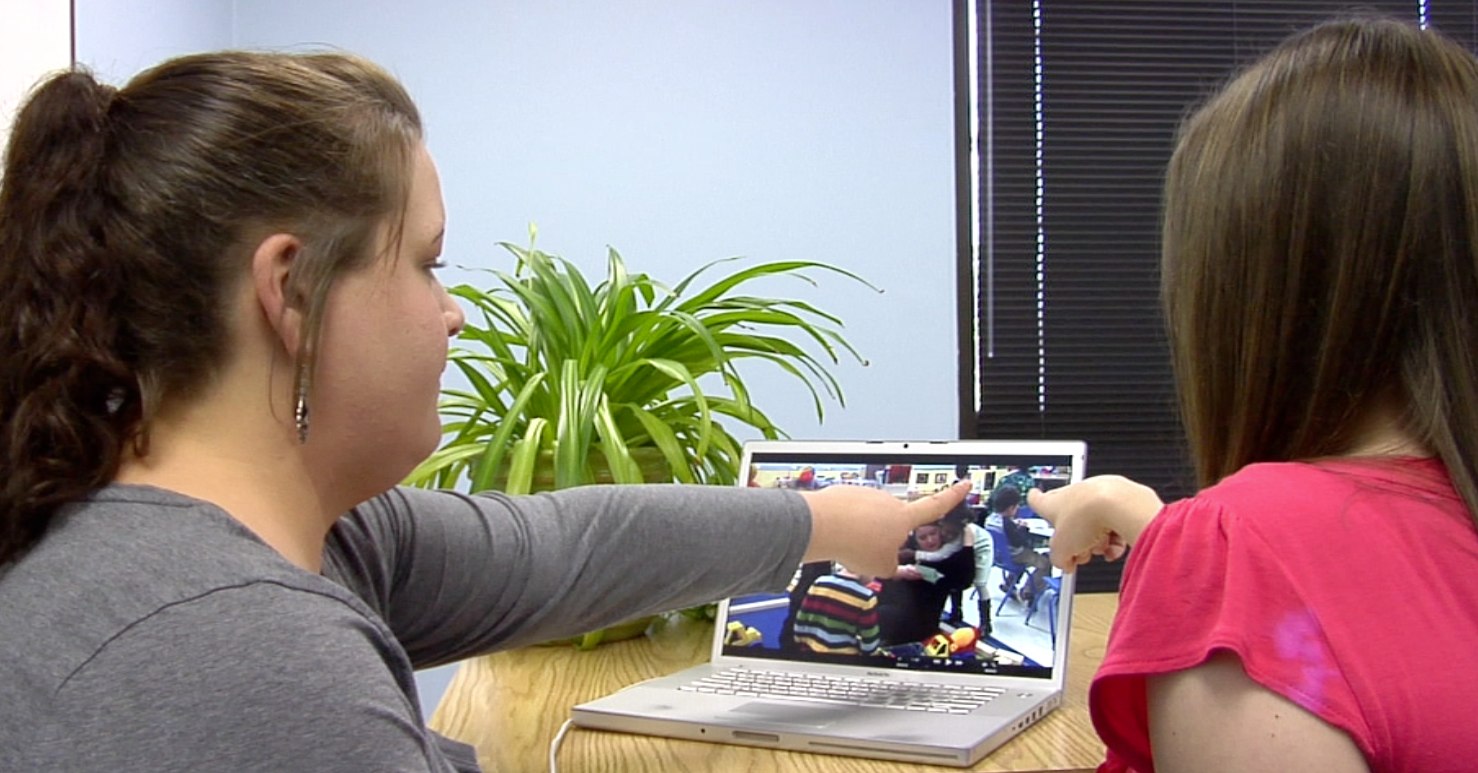Researchers at the University of Virginia’s Curry School of Education have been awarded a $3.5 million federal grant to test the effects of a training program for new elementary school teachers designed to increase student learning and teachers’ classroom management skills.
Two Curry research centers – Youth-Nex and the Center for Advanced Study of Teaching and Learning, or CASTL – will combine efforts to direct and conduct what is the first study on fledgling teachers focused on classroom behavior and classroom management. The grant was awarded by the U.S. Department of Education’s Institute of Education Sciences.
“This project truly reflects the synergies of two of Curry’s research centers,” said Robert Pianta, dean of the Curry School. “Youth-Nex brings tremendous leadership and expertise in work related to prevention of children’s problem behaviors and effective, school-based interventions for addressing classroom management, while CASTL has deep experience in providing effective and scalable supports to improve teachers’ interactions with students. This combination of research expertise and experience is a tremendous asset to bring to bear on a challenge for nearly every single teacher.”
Patrick Tolan, Youth-Nex director and principal investigator of the study, added, “We are bringing together a group of scientists to collaborate on teacher training models, so new teachers entering into the classroom are well-prepared for the kinds of challenges that are often the most difficult for teachers.
“One out of every two teachers drops out of teaching within five to seven years. It’s a great waste of potential.”
Tolan’s team will include experts from across the Curry School and others from Johns Hopkins University’s Bloomberg School of Public Health.
The group will study the effects of using two proven teaching training models together for the first time:
• MyTeachingPartner, a Web-mediated, video-based coaching process developed at CASTL, which focuses on improving the quality of teacher-student interactions in the classroom; and
• The Good Behavior Game, a team-oriented classroom game that rewards students when they stay on task and accomplish goals. Extensively studied at Johns Hopkins, the game helps reduce aggressive, disruptive behavior and can be integrated into any classroom lesson.
Jason Downer, director of CASTL and researcher on the grant, explained that new elementary school teachers will videotape themselves teaching a typical academic lesson and implementing the Good Behavior Game every few weeks. Each teacher will be assigned a coach, who will then review the video and provide feedback on the implementation of the game, as well as their broader interactions with students during instruction. This instruction is informed by the CASTL-developed Classroom Assessment Scoring System, or CLASS, and is used in concert with the My Teaching Partner video to assess teachers’ effectiveness.
“The video-based coaching in My Teaching Partner focuses on teacher-student interactions that have been identified through studies of the CLASS to be linked with student’s social and academic outcomes,” Downer said. “All My Teaching Partner coaches are fully CLASS-trained and use this knowledge to frame their feedback to teachers.
“Our aim is to improve the implementation of the Good Behavior Game to enhance its effectiveness in reducing off-task and disruptive behavior, while also enhancing the use of effective interactions between the teacher and students during instruction throughout the day,” he said.
Downer said that while school districts tend to provide unique support and guidance to new teachers in the form of induction programs, “This is the only study I know of that is providing intensive, individualized support and strategies for new teachers that specifically target behavioral and classroom management issues.”
Fellow grant researcher Catherine Bradshaw, associate dean at the Curry School and co-director of the Center for Prevention and Early Intervention at Johns Hopkins, added that the models have been successful when used in the classroom individually, but have never been used together.
“The combination of the two has the potential for strengthening both teaching and learning,” Bradshaw said. “The Good Behavior Game on its own impacts behavior, but hasn’t always translated to academics. My Teaching Partner provides the context for promoting learning. So we should be able to enhance behavioral outcomes and learning for students. It bundles both approaches, classroom management and quality instruction.”
The four-year study, to begin this fall in Baltimore County and Anne Arundel County districts in Maryland and in Arlington, Va., will focus on kindergarten through third grade.
Randomly selected new teachers will receive training the summer before they begin teaching, specialized coaching during their first year of teaching and follow-up after that. Researchers will then measure academic progress of their students and collect the teachers’ ratings of student behavior.
“We’ll test the effects on student learning and behavior as well as on teacher skills for teachers who received this special training versus those who had not,” Tolan said. “We expect teachers will be more skilled and better able to manage their classrooms, and that more will remain in the field because of that. Also, and importantly, we think this will help students perform better academically.”
Tolan sees potential long-reaching effects in applying the unique training.
“This differs from the usual trial-by-fire approach new teachers are subjected to, which imposes a high cost for both teachers and students,” he said. “There is a potentially huge societal benefit if we can cut the number of teachers who leave the field and improve the quality of the classroom experience for their students.”
Media Contact
Article Information
July 8, 2013
/content/uva-conduct-first-study-teachers-professional-development-program-aimed-boosting-student

